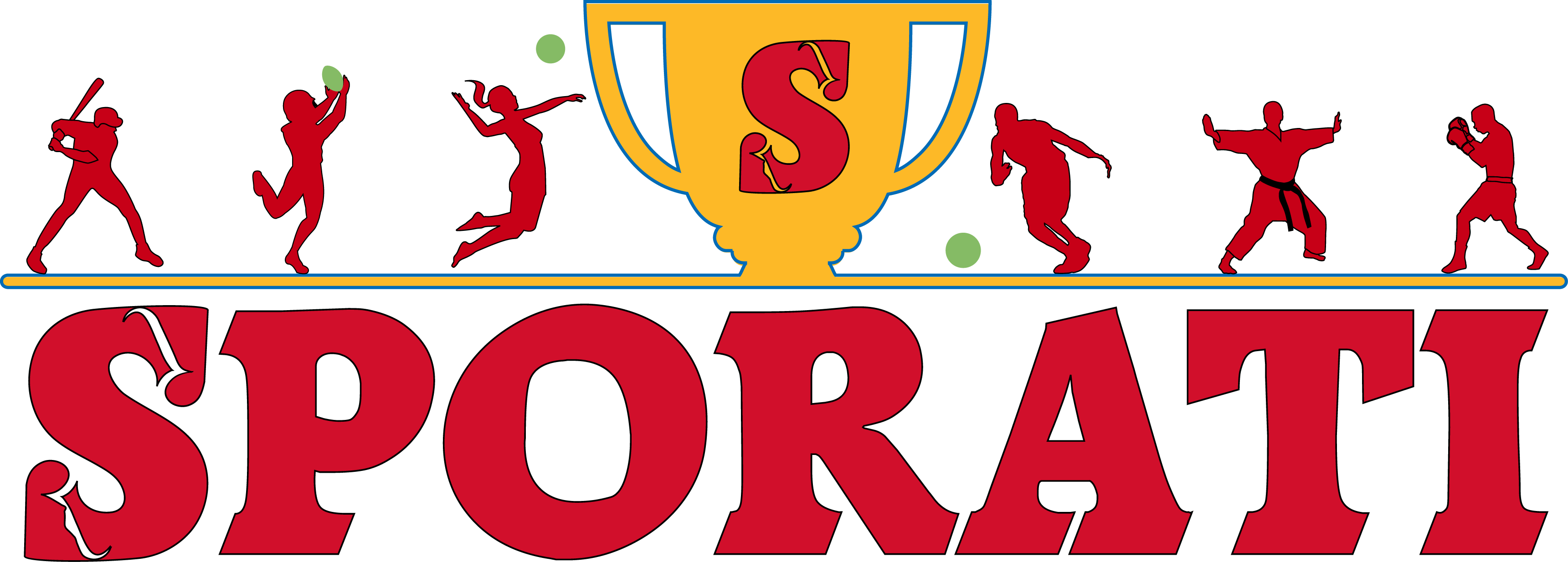Ledecka Criticizes 2026 Schedule
Few athletes defy categorization the way Ester Ledecka does. The Czech phenom, who made history in the 2018 Winter Olympics by clinching gold in both alpine skiing and snowboarding, has proven she’s not just versatile but outright indomitable. However, as the countdown to the 2026 Winter Olympics in Milan-Cortina begins, Ledecka finds herself in an uphill battleone she’s not used to facing. And this time, it’s not against competitors but the event schedule itself.
“It’s Impossible for Me to Excel at Both”
In an uncharacteristically candid statement, the 28-year-old athlete didn’t mince her words when addressing the 2026 Olympic organizers. According to Ledecka, the current competition schedule significantly hampers her ability to shine in both of her beloved disciplines.
“The way the events are laid out, it’s impossible for me to properly prepare and recover for both snowboarding and skiing events,”
she told reporters. And for an athlete who has built her identity on excelling in both sports, this feels like a huge blow.
A Once-in-a-Lifetime Feat, Repeated?
Let’s rewind to Ledecka’s jaw-dropping performance in Pyeongchang, where she stunned the world by winning the super-G in alpine skiing before adding another gold in parallel giant slalom snowboardinga feat no one had ever achieved in Olympic history. Since then, the Czech star has been synonymous with grit, determination, and a refusal to conform to single-sport specialization.
But can she replicate that unprecedented success in 2026? The early signs aren’t promising. Ledecka’s frustration stems from a condensed schedule that leaves little room for the recovery and training necessary to compete at the highest level in both skiing and snowboarding.
The 2026 Dilemma: Two Sports, One Athlete
Ledecka noted that the proximity of her skiing and snowboarding events forces her to make impossible decisions.
“It’s not fair to have to prioritize one sport over the other when I’ve proven I can succeed in both.”
According to her, the stress of juggling back-to-back events not only robs her of the ability to perform at her best but also risks putting her health at stake. And let’s not forgetrecovery is crucial for any elite athlete, let alone one taking on two grueling winter sports.
The 2026 Winter Olympic program, which was unveiled earlier this year, has drawn criticism from other athletes as well, though none as publicly as Ledecka. For her, this schedule feels like an unnecessary barrier that undermines the Olympic values of inclusion and showcasing the world’s best athletes, regardless of their multi-sport prowess.
Is This the End of the Dual-Sport Dream?
While critics may argue that Ledecka’s complaints could come across as overly ambitious, fans and pundits alike recognize her concerns as valid. After all, the Olympics have historically been a stage where the impossible becomes possible. Ledecka embodies that spirit. Why, then, should the schedule jeopardize what could be another boundary-pushing performance?
Some suggest the tight scheduling may be a logistical oversight, but others believe it underscores a broader issue facing dual-sport athletes, who often fall through the cracks of scheduling frameworks focused on single-discipline competitors. Whatever the case might be, the tension between tradition and versatility has never been more evident than in Ester Ledecka’s situation.
Finding Common Ground?
Despite her pointed criticism, Ledecka hasn’t ruled out competing in both disciplines, though she acknowledges just how daunting the task is shaping up to be. “I know it won’t be easy, but I’ll give it my best shot.” She has also called for open dialogue with the organizing committee, urging them to consider scheduling adjustments that would allow herand potentially othersto embody the true spirit of the Olympics.
If history teaches us anything about Ester Ledecka, it’s this: never count her out. Whether or not adjustments are made, the prospect of watching her attempt another dual-gold dream will undoubtedly capture the world’s imagination. And if there’s anyone who can beat the odds, it’s Ledecka.
The Fans Weigh In
As news of Ledecka’s comments spread, reactions have been pouring in from fans across the globe. “Ester is the epitome of what the Olympics should be aboutbreaking barriers! The schedule should reflect the spirit of competition,” one fan tweeted. Others, however, argued that logistical challenges in a multi-nation event like the Olympics make it difficult to cater to every athlete’s needs.
Regardless of where public opinion lands, one thing is clearEster Ledecka has reignited a critical conversation about athlete-centric scheduling and the need for the Olympic community to support multi-talented individuals. Whether or not changes are made for Milan-Cortina, her voice has sparked a broader discussion that will no doubt leave a lasting impact on future Games.
What’s Next?
With still over two years to go until the 2026 Winter Olympics kick off, there’s plenty of time for changes to be made. The ball is now in the court of the International Olympic Committee (IOC) and the Milan-Cortina organizing committee.
But one thing is certain: Ester Ledecka won’t back down easily. And Olympic fans wouldn’t have it any other way.

